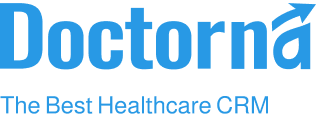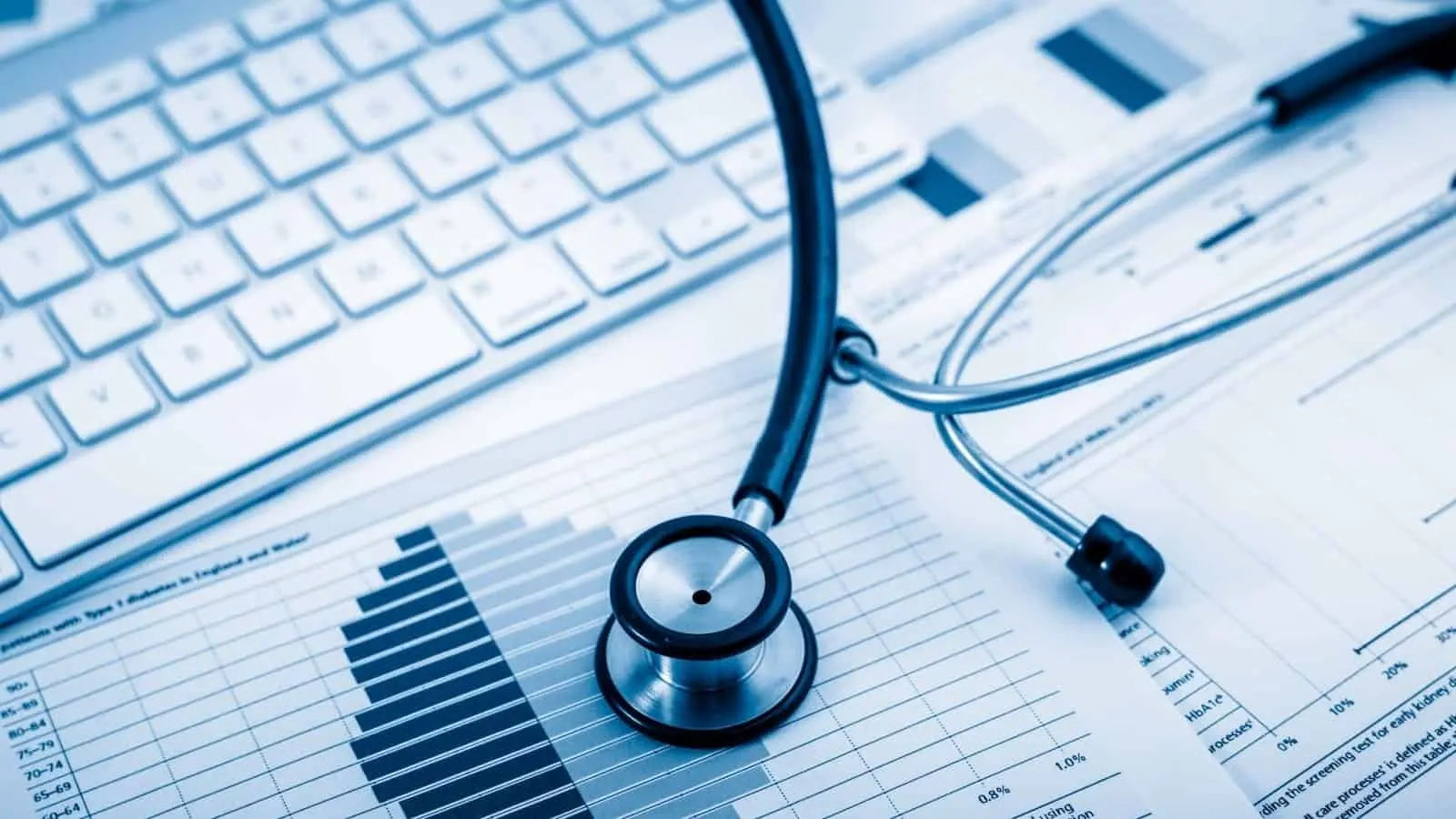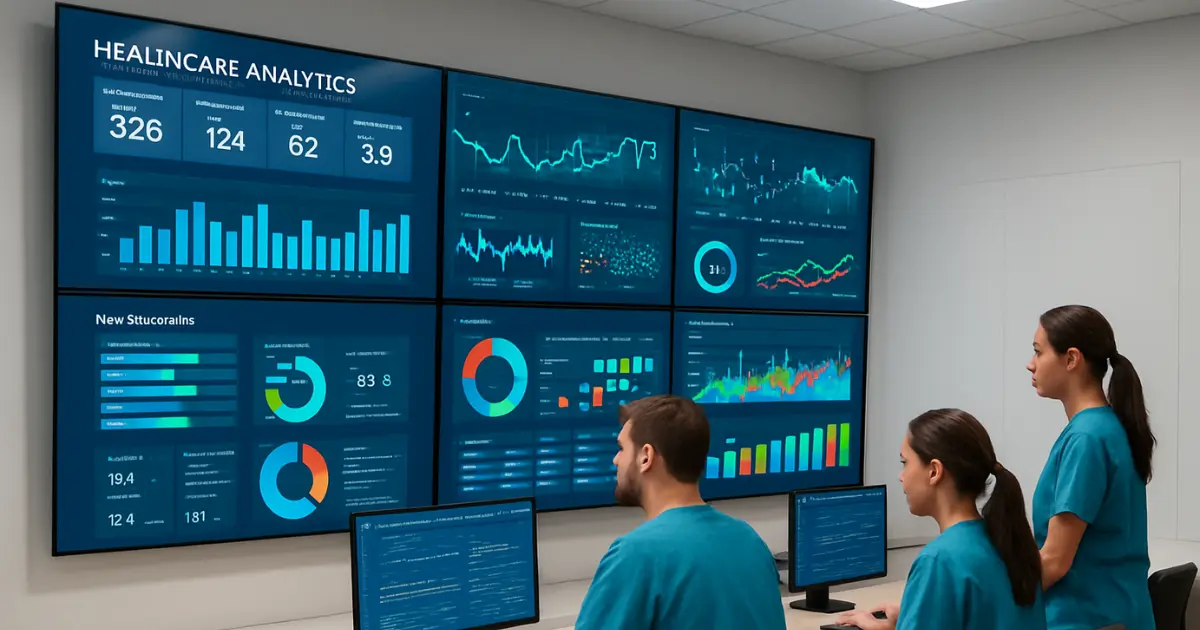The healthcare industry is undergoing a massive digital transformation. From electronic health records (EHRs) to wearable health devices and telemedicine platforms, the volume of patient data being generated every day is enormous. Managing and leveraging this data effectively is essential for delivering personalized, efficient, and value-driven healthcare services. This is where Big Data and Healthcare CRM (Customer Relationship Management) analytics intersect to revolutionize patient relationship management.
In this blog, we’ll explore how Big Data powers Healthcare CRM analytics, its role in improving patient care, and why it’s shaping the future of healthcare organizations worldwide.
Understanding Big Data in Healthcare
Big Data refers to large and complex datasets that traditional data processing tools can’t easily handle. In healthcare, this includes vast amounts of structured and unstructured data collected from:
- Electronic Health Records (EHRs)
- Medical imaging and diagnostics
- Wearable fitness trackers and IoT devices
- Patient surveys and feedback
- Appointment and billing systems
- Social media and digital interactions
This data, when properly analyzed, provides valuable insights into patient behaviors, health patterns, and system inefficiencies—empowering providers to make smarter, data-driven decisions.
What Is Healthcare CRM Analytics?
A Healthcare CRM system is a platform designed to manage patient relationships by storing, organizing, and analyzing patient data. When enhanced with Big Data analytics, it goes beyond simple record-keeping to provide deep insights into patient engagement, outcomes, and organizational performance.
Healthcare CRM analytics uses advanced tools such as machine learning, predictive modeling, and data visualization to uncover trends, predict patient needs, and measure the success of healthcare initiatives.
In short, Big Data transforms Healthcare CRMs from basic management systems into intelligent analytical engines that drive proactive and personalized care.
The Key Roles of Big Data in Healthcare CRM Analytics
Let’s explore how Big Data reshapes the way healthcare organizations analyze, engage, and care for patients through CRM systems.
1. 360-Degree View of the Patient
One of the most powerful contributions of Big Data to Healthcare CRM analytics is creating a comprehensive, 360-degree view of every patient.
By collecting data from multiple touchpoints—such as medical visits, wearable devices, mobile apps, and social media—healthcare providers can gain a holistic understanding of a patient’s health journey.
This unified view helps providers:
- Track patient progress over time
- Identify risk factors for chronic diseases
- Personalize communication and care plans
- Anticipate patient needs before they become critical
For instance, a CRM system integrated with Big Data analytics might detect that a patient’s heart rate patterns from a wearable device indicate stress or irregularities. The system can then alert care managers to schedule a preventive consultation—potentially avoiding a serious health episode.
2. Predictive Analytics for Proactive Care
Big Data enables predictive analytics, allowing healthcare organizations to move from reactive to proactive care.
By analyzing historical patient data, predictive models can forecast potential health issues, identify high-risk patients, and recommend early interventions.
For example:
- Predicting which patients are at risk of missing appointments or dropping out of treatment
- Identifying those likely to develop chronic conditions based on lifestyle and genetic data
- Forecasting hospital readmissions to allocate resources efficiently
This kind of foresight not only improves patient outcomes but also helps organizations reduce costs and improve operational efficiency.
3. Enhanced Patient Segmentation and Personalization
Big Data allows healthcare CRMs to segment patients with greater precision. Instead of relying on general categories like age or gender, analytics can classify patients based on behavioral patterns, medical histories, lifestyle factors, and even social determinants of health.
This deeper segmentation helps healthcare providers tailor communication, education, and services more effectively.
For example:
- Sending targeted wellness tips to patients with specific conditions like hypertension
- Customizing follow-up reminders for elderly patients who may need more assistance
- Designing personalized treatment plans that consider both medical and social factors
In a world where personalization drives patient satisfaction, Big Data-powered CRM systems make truly patient-centric care possible.
4. Data-Driven Marketing and Outreach
Healthcare organizations increasingly rely on data analytics to improve their marketing and outreach efforts. Big Data enhances CRM capabilities by identifying which campaigns are most effective and which patient groups respond best.
Analytics can track metrics like:
- Email open rates and engagement levels
- Website visits and patient portal activity
- Conversion rates from digital campaigns
With these insights, hospitals and clinics can design smarter campaigns—for example, promoting preventive health programs in communities with rising chronic disease rates. The result is higher engagement, lower costs, and more impactful community health initiatives.
5. Operational Efficiency and Resource Optimization
Big Data analytics helps healthcare organizations identify inefficiencies in their workflows and optimize resource allocation.
By analyzing CRM and operational data, administrators can pinpoint bottlenecks such as:
- High patient wait times
- Underutilized staff or facilities
- Repeated administrative errors
For instance, CRM analytics might reveal that appointment cancellations are highest during certain hours or days, helping managers adjust scheduling policies accordingly.
In essence, Big Data transforms CRM systems into strategic tools for operational excellence, saving time and reducing costs while maintaining high-quality care.
6. Measuring Patient Satisfaction and Experience
A Healthcare CRM powered by Big Data analytics can collect and evaluate patient feedback from multiple channels—surveys, online reviews, emails, and even social media.
Natural Language Processing (NLP), a Big Data technology, can analyze the tone and sentiment of feedback to understand how patients truly feel about their care.
These insights help organizations:
- Identify areas needing improvement
- Recognize high-performing departments or staff
- Design initiatives that enhance overall patient experience
Continuous monitoring of patient satisfaction ensures that care delivery remains compassionate, transparent, and responsive.
7. Supporting Compliance and Data Security
Handling massive amounts of healthcare data demands robust security and compliance measures. Big Data analytics integrated into Healthcare CRMs ensures compliance with regulations like HIPAA by encrypting data, tracking access, and maintaining audit trails.
Furthermore, Big Data tools can detect unusual data access patterns—helping organizations prevent breaches before they occur.
Thus, Big Data not only powers analytics but also strengthens the integrity and trust that form the foundation of patient relationships.
8. Enabling AI-Powered Insights and Automation
The combination of Big Data and Artificial Intelligence (AI) takes Healthcare CRM analytics to the next level. AI can automatically analyze massive datasets, detect anomalies, and provide actionable insights in real time.
For example:
- Chatbots powered by AI and Big Data can handle patient queries efficiently
- Machine learning models can optimize appointment scheduling or predict patient behavior
- Automation can streamline repetitive administrative tasks, freeing up staff for direct patient care
AI-driven analytics ensures healthcare providers stay ahead of patient needs, delivering faster and more personalized services.

Final Thoughts
In today’s data-driven healthcare ecosystem, Big Data is the engine that powers Healthcare CRM analytics. It transforms raw information into meaningful insights that drive better patient relationships, smarter decision-making, and more efficient operations.
From predictive care and personalized communication to improved patient satisfaction and data security, the integration of Big Data into CRM systems is redefining how healthcare organizations connect with and care for patients.







